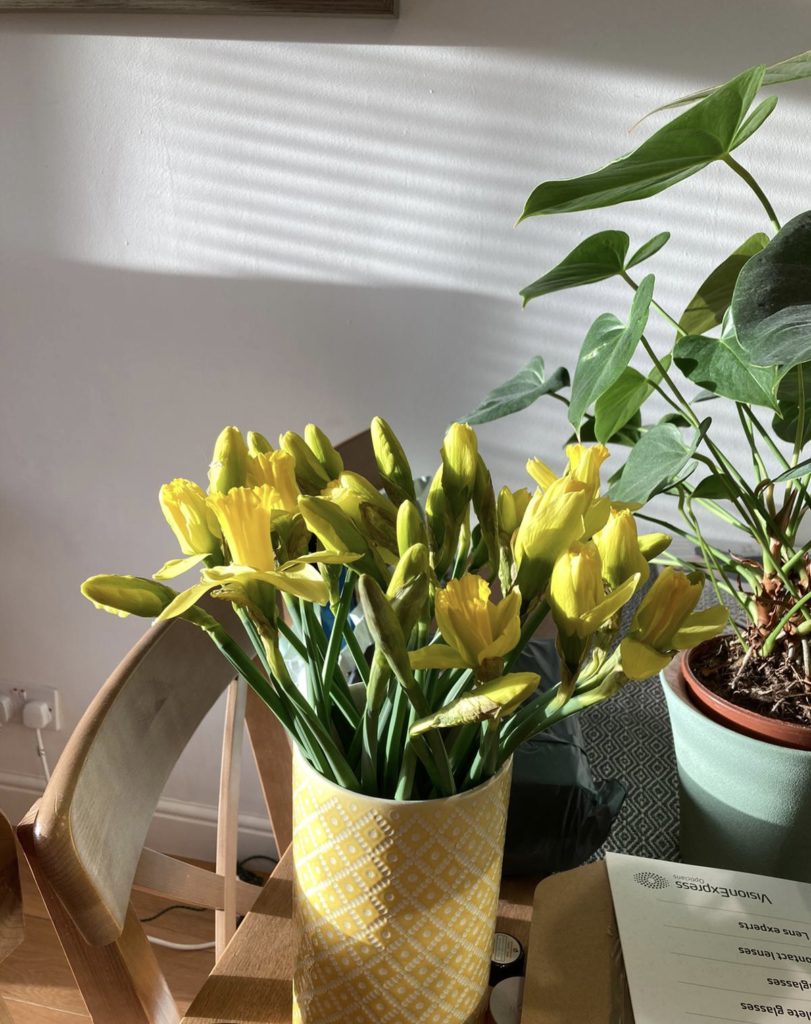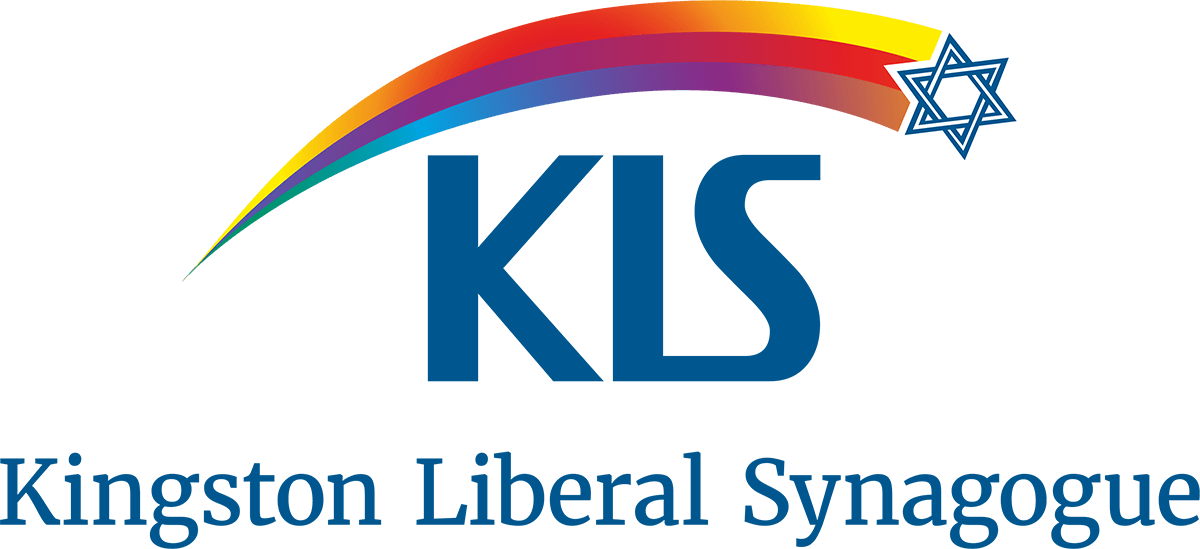From Revelation to daily life
Until now, the book of Exodus talked mainly about great events that happened after Egypt: the exodus out of this place of slavery, the Revelation at Mount Sinai, the Ten Commandments. Now the tone changes. The next eight Torah portions will focus on how to worship God, the place of worship – the Tabernacle -, and all the objects that are designed to be used by the priests. In other words, from these awesome foundational moments, we are now invited to think about the details of daily religious life.
Until now, the Children of Israel were merely spectators, invited to witness the extraordinary events that were unfolding before their eyes. Now, it is their turn to take part. They are asked to transform these words into actions, to translate these events into a narrative that will define Israel forever. It is not an easy task, and these texts are actually rather challenging: how do we make sense of all these details that, let’s be honest, can be sometime boring?

We need to take an active part
There is a key at the beginning of the portion. The text begins with God’s request to bring a gift, a terumah, “from every person whose heart moves him or her” (Exodus 25: 2). We may have here the first example of fundraising! With these resources, they build a mishkan, a place where God can reside among the people. That teaches us that we can’t expect things to be done on our behalf. We need to take an active part.
The other lesson I’d like to draw from this portion concerns our emotional state. In a way, this generation was lucky. They could see first-hand the constitution of a new people and the covenant between God and Israel. We have only these old texts, and we can decide to ignore them. They lived through extraordinary times. We are only dealing with the nitty-gritty of religious life. Sometimes, it is exhilarating, or very scary, to experience these strong emotions. But we cannot sustain them forever. It is important to be able to deal with day-to-day life and to find solace in it.
Upcoming course: Cairo Genizah
On another note, I will teaching in March with my colleague Rabbi Lea Mulhstein from the Ark Synagogue a class on the Cairo Genizah. A genizah is a storage area in a synagogue where manuscripts containing God’s names are kept in order to avoid desecrating it. In the 19th century, scholars discovered hundreds of manuscripts spanning from the 9th century till the 19th century that contain unique witnesses of Jewish life in Egypt. We have invited an American scholar to talk about this place. We will also discuss liturgical, biblical and daily life texts. More details available from the office – just contact us.
I am looking forward to seeing you this Shabbat, and I hope you are all keeping well and safe.
